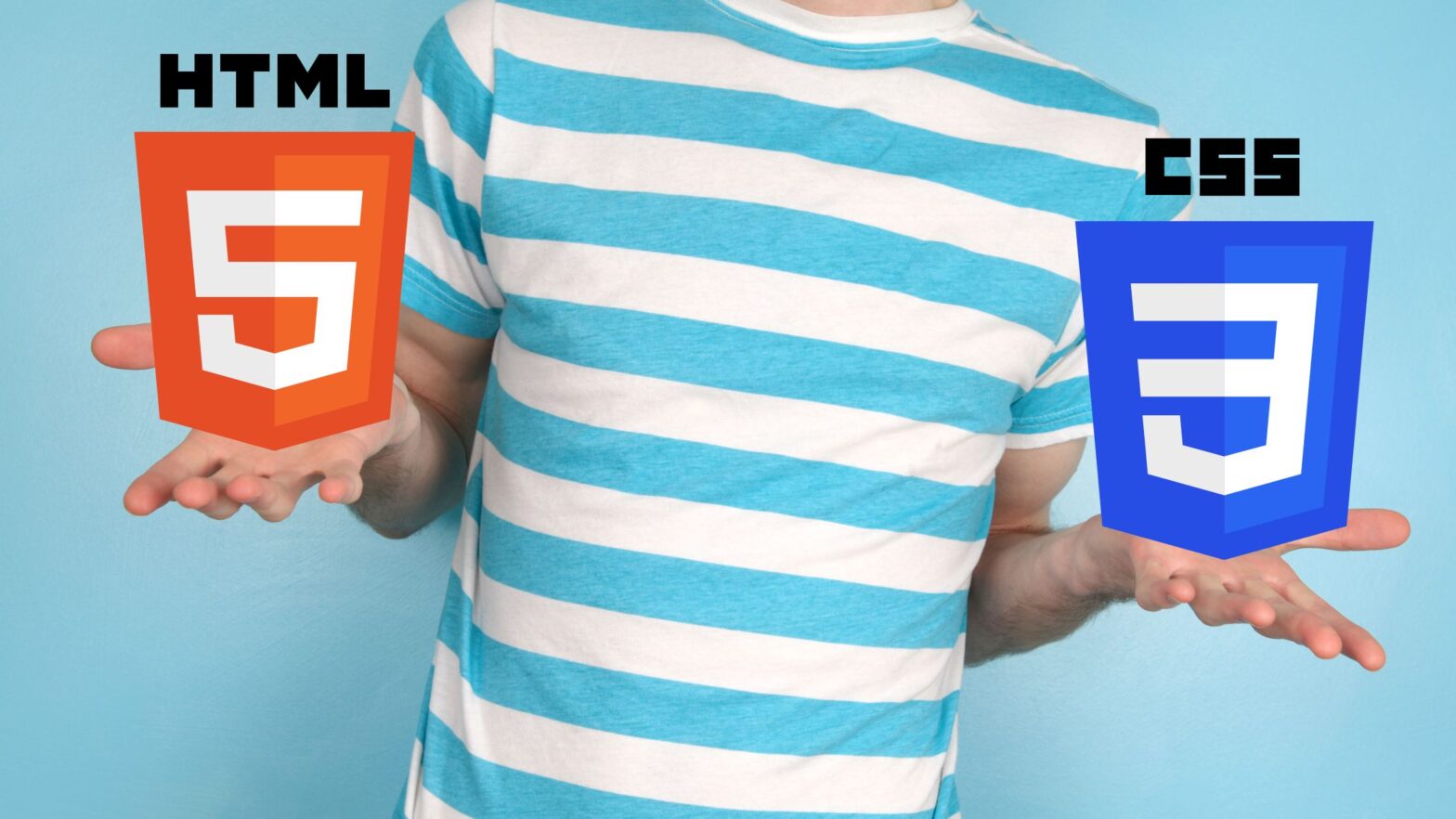Tim Berners-Lee wrote the first lines of HTML code in 1993. Three years later, HÃ¥kon Wium Lie came up with the idea of styling the content of HTML documents with CSS.
It’s been almost three decades since then, and HTML/CSS are still around. So if you’re just getting into web development, it’s only natural to wonder… are they still worth learning?
This is a good question—and an important one to ask. After all, learning and mastering a language takes time. And since time is the only thing you have a set amount of, you want to make sure you make the most of the time you have.
Absolutely yes, HTML and CSS are still worth learning in 2025. They are the only languages for creating frontends for websites, web apps, cars, smart electronics, and connected appliances, and they probably stay that way for a long time.
Let’s clear up a few misconceptions people have about HTML and CSS.
HTML and CSS are not programming languages. HTML is a markup language for semantically structuring information on the web, and CSS is a style sheet language for styling that information.
You can’t program with HTML/CSS the way you would be able to do with JavaScript, the most used client-side scripting language on the web, or PHP, the most used server-side scripting language.
This doesn’t necessarily make HTML and CSS “lesser” languages than JavaScript or PHP, though. It just means they have a different purpose; structuring information and styling user interfaces.
Why HTML and CSS Are Worth Learning
To give you the long story short, if you want to get anything done on the frontend, you need to know HTML/CSS.
If you’re working on a project with a UI and you need to get anything done on the frontend—that is, the part of the website or app that the user gets to see and interact with—you need to know at least a little bit of HTML and CSS.
If you’re a JavaScript backend developer and you’re working on the server-side or serverless code of a web app, you will sooner or later need to interact with HTML elements and CSS selectors on that app’s frontend.
Even if you’re creating a website using a content management system like WordPress or a no-code website builder like Webflow, a basic knowledge of HTML, CSS, and the principles that they introduce to web development is still useful.
Why HTML And CSS Are Probably Not Enough
A few days ago, we published an article titled, “Can You Get a Job With Just HTML And CSS?”
Any web developer who’s been through this or that will tell you that you can—but chances are it won’t be very rewarding (in all senses of the word).
At a minimum, you want to get familiar with CSS pre-processors like Sass or Less and HTML/CSS/JS frameworks like Bootstrap or Foundation.
These days, everyone who writes code also needs to know the basics of Git and version control. It’s also useful to know CI/CD and DevOps toolchains, especially if you will be working in a team.
But if you really want to take your skillset and your development abilities to the next level, learn a programming language, be it JavaScript, Python, or PHP.
HTML/CSS can only take you this far because they are limited to static web pages. Scripting languages, on the other hand, allow you to create dynamic websites and web apps.

